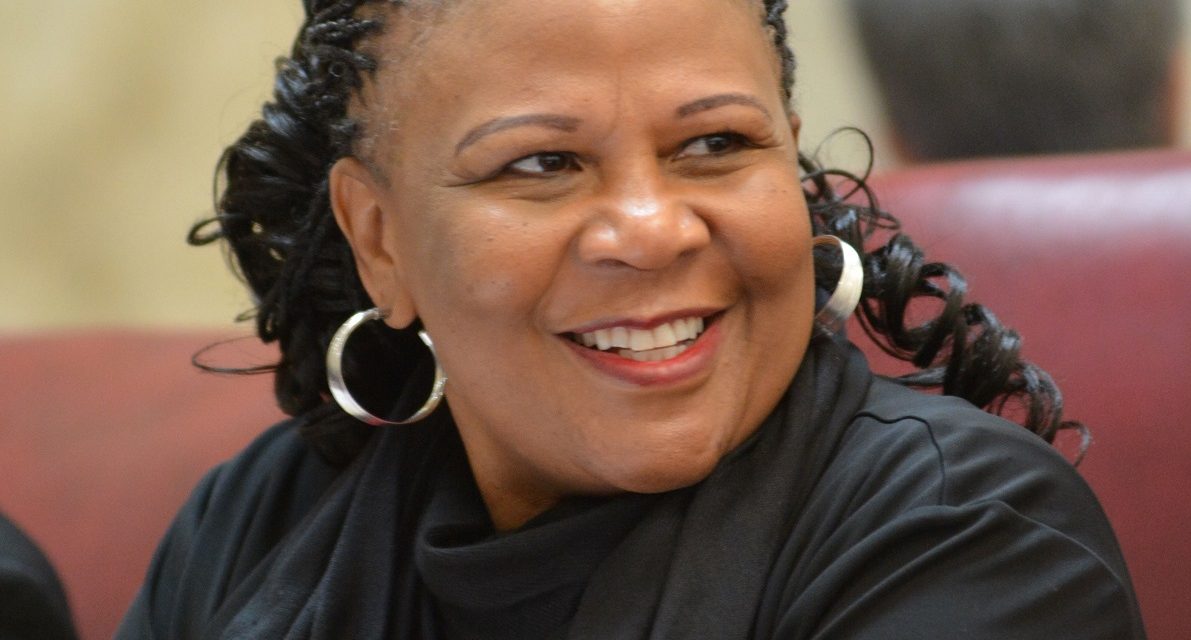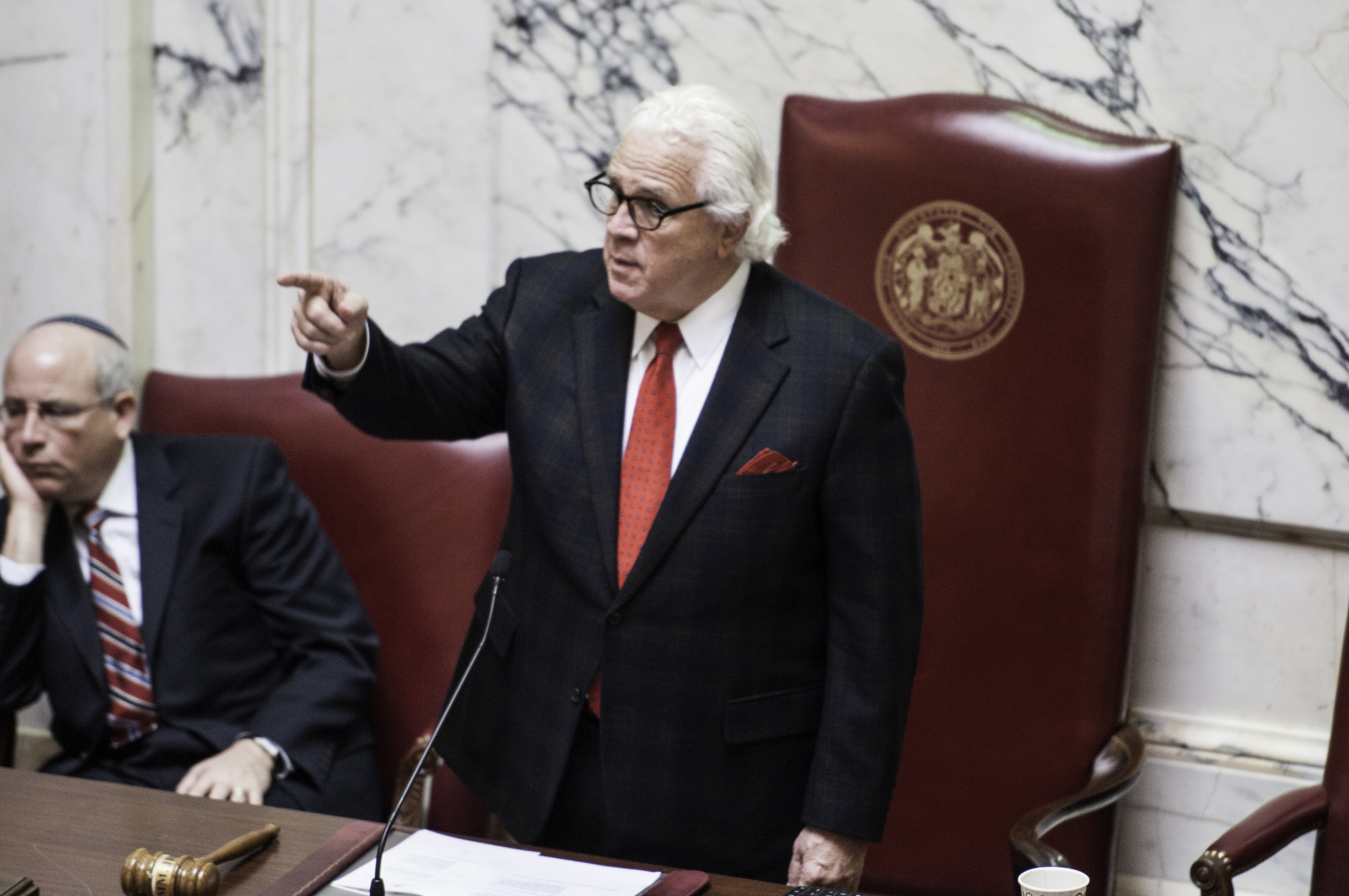This column appears in the May issue of The Business Monthly serving Howard and Anne Arundel counties.
We all know, don’t we, about the shortage of nurses and all kinds of other health care providers. Overworked nurses were already in short supply before the pandemic, but COVID drove even more of them out of the field.
You would think a bill in Annapolis that promised to alleviate the shortage even a tiny, little bit, would be a slam dunk for passage.
Well, then, you don’t know much about legislation affecting health care providers, among the most regulated of all professions. Then again, you have little reason to know much about subjects that get scant media coverage. The issues are complicated, hard to explain and quite frankly, boring. The bills often involve fights pitting one set of health care professionals against another group of professionals about who qualifies to do what for patients.
Take for instance, House Bill 475 from this past session, excitingly titled Advanced Practice Registered Nurse Compact.
This bill by veteran Del. Sandy Rosenberg of Baltimore sought to enroll Maryland in an interstate agreement that overcomes the mishmash of state laws, rules and regulations that prevent nurse practitioners from moving from one state to another or do the kind of remote health care that has become popular
Nurse practitioners
Nurse practitioners are allowed to do pretty much anything your family doctor can do, including writing prescriptions. Maryland and most states require NPs get a master’s degree with a fairly rigorous course of academic study and supervised clinical training. Practitioners must also pass a national exam and specialize in areas such as geriatrics, pediatrics, women’s health and mental health.
National groups are even urging NPs to get a doctorate in nursing, as offered now by the University of Maryland School of Nursing in Baltimore.
Why not do the same for nurse practitioners?
That’s why many nursing organizations supported Rosenberg’s bill in the House, and its companion bill in the Senate. They included the Maryland Board of Nursing, the National Council of Nursing Boards, the Maryland Hospital Association, certified nursing specialists, AARP and a variety of nursing groups. Even the Department of Defense weighed in, because, according to its regional lobbyist, half of military spouses are involved in health care in some way.
Heck, even Amazon supported the bill. The company that wants to sell everything to everybody and deliver it to them today has gotten into health care.
What’s not to like?
The only people who didn’t like the compact spelled out in the 28-page bill were the nurse practitioners themselves, or at least some of them, depending on who you believe.
“We absolutely support a compact,” Naila Russell, president of the Nurse Practitioner Association of Maryland told the House Health and Government Operations Committee. “We just cannot support this compact.”
Like so many things regulating “scope of practice,” as these licensure battles are called, the devil is in the details.
The nurse practitioners in particular do not like the requirement in the compact that the NPs must be in practice 2080 hours, a full year, before they can get the multistate license. They have tried to get this changed without success.
“This compact is already outdated,” said Russell.
Supporters of the bill cited a survey showing that 94% of Maryland NPs supported a compact, but Russell said, “the data is flawed.”
“There is overwhelming opposition,” said Janet Selway, a past president of NPAM. She and others pointed out that this is a third attempt over two decades to get this multistate licensure for nurse practitioners.
To go into effect, seven states must pass legislation approving the compact. So far only three states have – Delaware, North Dakota and Utah. Maryland and five other states were considering it this year.
Probably just as important as the testimony at sparsely attended hearings that ran into the dinner hour was the lobbying for the bill by Jason Weintraub, a former aide to House Speaker Adrienne Jones, and against the bills by Sarah Peters and Bill Pitcher, NPAM’s longtime lobbyist.
Three weeks after the hearing, the committee voted unanimously to send the bill enrolling Maryland in the compact to the House floor. But on the final vote March 20, the private NPAM lobbying seems to have had some effect. All six Republicans who voted for the bill in committee voted against it on the floor, along with 15 other Republicans. But there was no debate, and all the Democrats voted for the bill. The compact sailed to the Senate with 112 votes.
Dying in the Senate
Then nothing happened. The members of Senate Finance were getting emails from NPs opposing the bill, but the arguments against the measure were apparently enough for the new chair, Sen. Melony Griffith, a veteran legislator from Prince George’s County.
Despite its name, the Finance Committee handles all health legislation, as well as insurance and business. It had a lot on its plate this session: abortion, minimum wage, family paid leave, recreational cannabis. “We’re not going to do anything fast,” Griffith told the committee and the public.
Griffith never brought the NP compact bills up for a vote. This is known in Annapolis as the chair putting a bill “in the drawer.”
“I was compelled by the arguments by the nurse practitioners,” Griffith said in an interview after the session. She was concerned that the compact would lock Maryland into an agreement that its own NPs didn’t like, with provisions that would be hard to change.
And so the House bill and its Senate companion died without a vote. The compact also appears to have died in the legislatures of Montana and Kentucky. Along with Maryland’s inaction, that kills its chances nationally this year, even though it’s still alive in Arizona, Texas and New York. But it can always be introduced again in Maryland next year.






Recent Comments